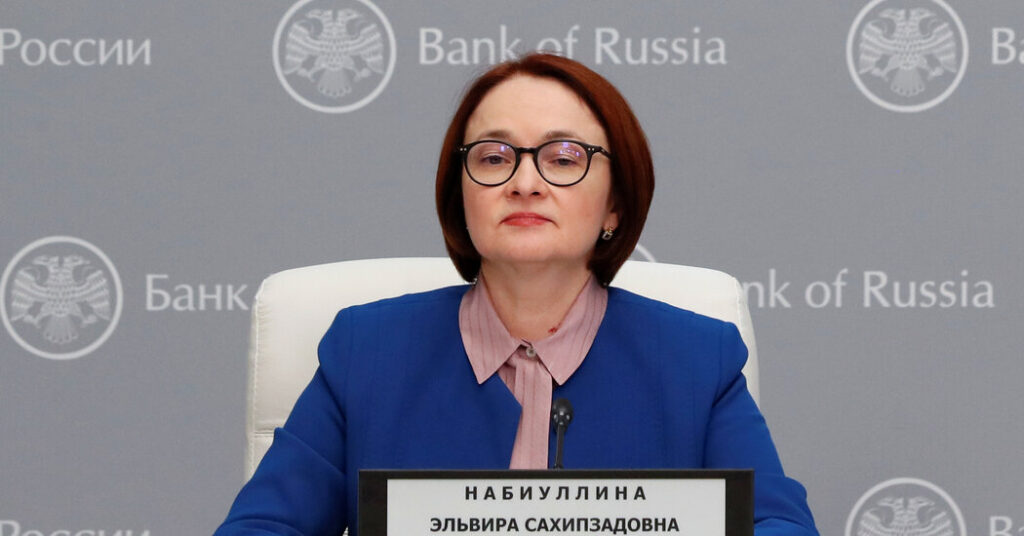
“She’s well-trusted in the government and by the president,” said Sofya Donets, an economist at Renaissance Capital in Moscow who worked at the central bank from 2007 to 2019. In recent years, it was quite evident that all kinds of policy questions in the financial sphere were delegated to the central bank, she added.
This trust was built up while Ms. Nabiullina was buttressing Russia’s economy against Western sanctions, especially from the long reach of American penalties. In 2014, the United States cut off many major Russian companies from its capital markets. But these companies had large amounts of foreign currency debt, raising alarms over how they would service their debts.
The Russia-Ukraine War and the Global Economy
A far-reaching conflict. Russia’s invasion on Ukraine has had a ripple effect across the globe, adding to the stock market’s woes. The conflict has caused dizzying spikes in gas prices and product shortages, and is pushing Europe to reconsider its reliance on Russian energy sources.
Ms. Nabiullina set about squeezing as many U.S. dollars from the economy as possible, so that companies and banks would be less vulnerable if Washington further restricted access to the country’s use of dollars.
She also shifted the bank’s reserves, which grew to be worth more than $600 billion, toward gold, the euro and the Chinese renminbi. Over her tenure, the share of dollars in the reserves fell to about 11 percent, from more than 40 percent, Ms. Nabiullina told Parliament last month. Even after sanctions froze the bank’s overseas reserves, the country has “sufficient” reserves in gold and renminbi, she told lawmakers.
Other protections against sanctions included an alternative to SWIFT, the global banking messaging system, developed in recent years. And the bank changed the payments infrastructure to process credit card transactions in the country so even the exit of Visa and Mastercard would have minimal effect.
In March, Bloomberg News and The Wall Street Journal, citing unidentified sources, reported that Ms. Nabiullina had tried to resign after the Ukraine invasion, and had been rebuffed by Mr. Putin. The central bank rejected those reports.
Last month, the Canadian government placed her under sanctions for being a “close associate of the Russian regime.”

